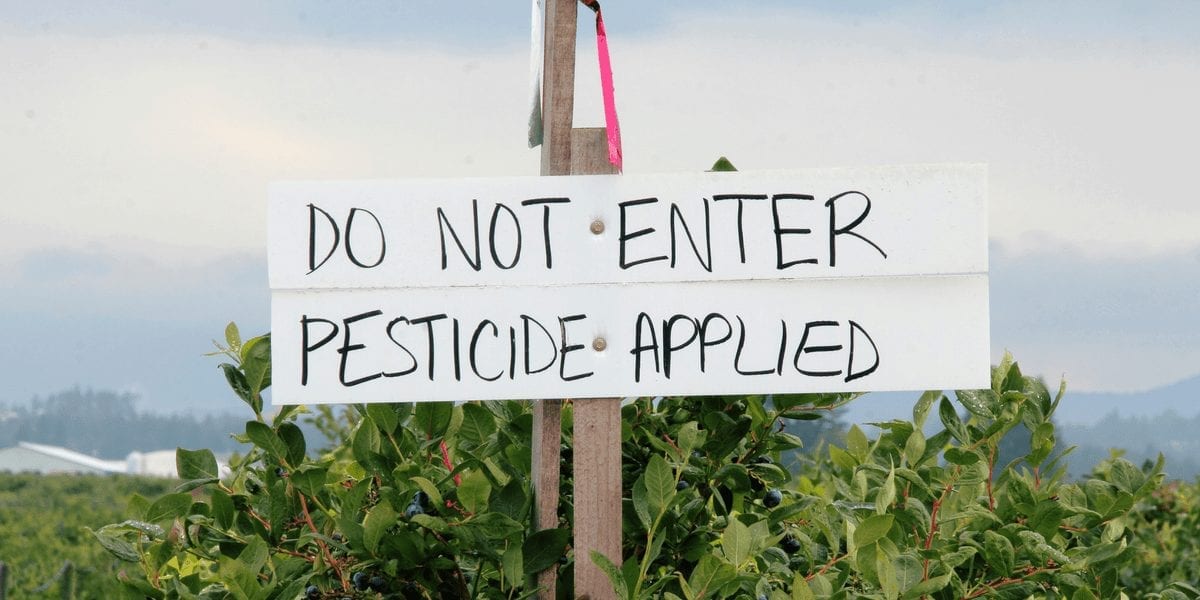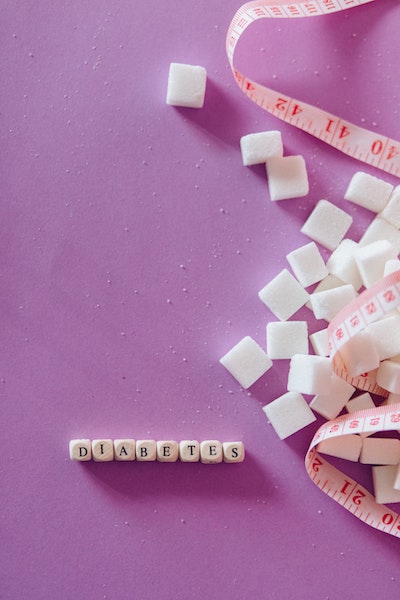We always recommend opting for organic produce, but we especially advise purchasing organic alternatives for the “Dirty Dozen” foods. The Environmental Working Group outlined the top 12 fruits and vegetables containing the highest concentrations of pesticides and toxic chemicals. The following list ranks foods according to their pesticide contamination.
The Dirty Dozen
- Strawberries
- Apples
- Nectarines
- Peaches
- Celery
- Grapes
- Cherries
- Spinach
- Tomatoes
- Sweet bell peppers
- Cherry tomatoes
- Cucumbers
This list doesn’t intend to stop you from eating these fruits and vegetables, but rather to highlight the dangers of industrial chemical farming. In modern farming strawberries now carry pesticides the same way doughnuts carry sugar. It’s best to avoid unknowingly consuming toxic chemicals by choosing organic alternatives instead.
Will it cost a little more? Probably… BUT so does medical care which could have been avoided in the first place by following a natural and organic diet.
What’s The Big Deal About Pesticides?
Pesticides have one job: to kill. Overtime pesticides will poison the body, which can cause major health problems.
Despite what government agencies and corporations say about the safety of the pesticide products currently on the market, they are linked to a wide range of health hazards. Chronic health effects can develop years down the road even when exposure to these toxic chemicals are consumed in ‘legal’ doses.
We can’t ignore how serious pesticide health threats can be. Studies have shown that pesticides are linked to cancers, autism spectrum disorders, ADHD, miscarriages and birth defects, Parkinson’s disease, Intestinal permeability (leaky gut syndrome), and endocrine disruption. Children are especially vulnerable to the harmful side effects of consuming pesticides.
We Can’t Wash Away This Problem
Because many toxic pesticides are used so frequently as non-organic produce as develops, they literally become part of the plant. This means even if you wash or peel non-organic produce, you’re still putting yourself at risk of consuming hazardous chemicals.
It’s best to choose organic produce whenever possible because this guarantees the food is grown without the use of toxic chemical fertilizers or pesticides. Organic foods will allow your body to reap the health benefits of fruits and vegetables without exposing yourself or your family to toxins.
Start small, replace a few items each week with organic alternatives, especially for the Dirty Dozen fruits and vegetables. Once you’ve committed to living a healthy, toxic-free lifestyle your body won’t want to go back to eating toxic garbage
Economic Options
To keep costs down look for organic foods that are in season at your local farmer’s market. No other experience will allow you to chat with the same people who grow what you’re eating. You’ll be amazed by some of the bargains you’ll find here, and you can save money by putting leftover produce in the freezer before it goes bad.
If your demanding on-the-go schedule doesn’t give you the time to go to the farmer’s market regularly, let the farmers come to you. There are many affordable sources online (such as The Produce Box for North Carolinian residents) that deliver organic and fresh produce right to your doorstep each week!
Many larger grocery store chains are making more efforts to put organic produce on their shelves. Stores such as Trader Joe’s, Aldi, Walmart, Costco and even Whole Foods offer some cheap deals on organic items.
You have the power to vote with your pocketbooks for produce with less pesticides!





